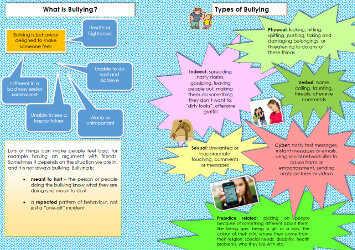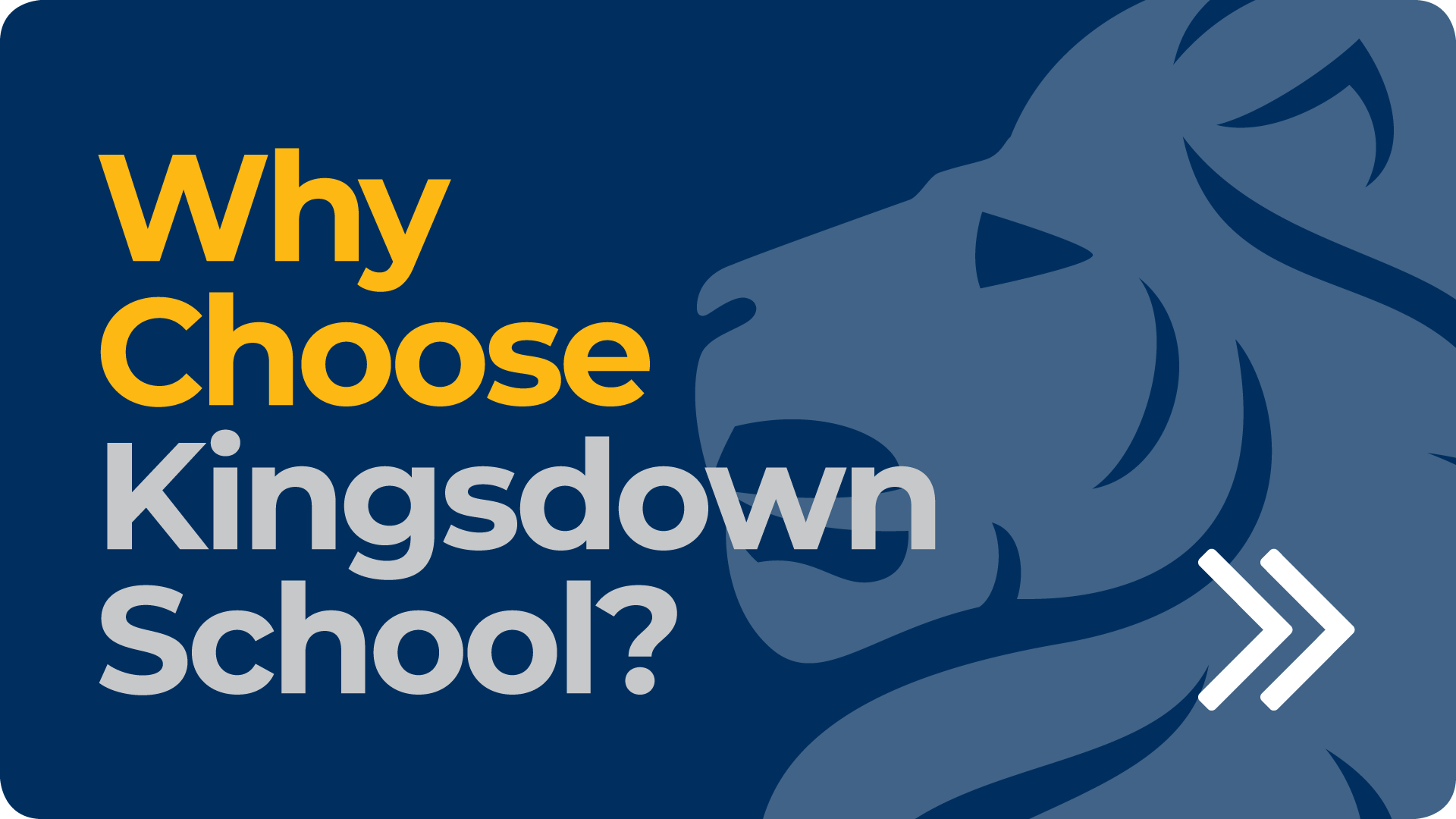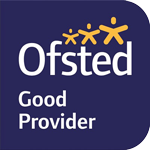Keeping your Child Safe
If you are concerned about the wellbeing of a student, please report using the button below.
Your report can be anonymous
Kingsdown School is committed to safeguarding and promoting the welfare of children and expects all staff and volunteers to share this commitment.
Safeguarding is about ensuring that everyone is safe from harm, safe from bullying, safe from abuse of any kind, safe from discrimination or harassment and ensuring that we all feel safe in our school environment.
If you are ever concerned about the safety or well‐being of someone at our school please talk to one of the school’s Designated Safeguarding Leads (DSLs).
Designated Safeguarding Lead
Mrs K Agambar, Child Protection Coordinator
Deputy Designated Safeguarding Lead
Mr L Hathaway
We have a number of policies and procedures in place that contribute to our safeguarding commitment, including our Child Protection and Safeguarding Policy which can be viewed in the Policies section of our website.
There are 5 main elements to our policy and procedures:
• Ensuring we practice safe recruitment in checking the suitability of staff and volunteers to work with children.
• Raising awareness of child protection issues & working on the prevention of abuse, through training, teaching and pastoral support offered to students.
• Following procedures for identifying and reporting cases, or suspected cases of abuse.
• Supporting students who are at risk or may have been abused.
• Establishing a safe environment in which children can learn and develop.
Sometimes we may need to share information and work in partnership with other agencies when there are concerns about a child’s welfare. We will ensure that our concerns about our pupils are discussed with parents/carers first, unless we have reason to believe that such a move would be contrary to the child’s welfare.
We actively support the Government’s Prevent Agenda to counter radicalism and extremism.
We have a dedicated team who have all received in depth safeguarding training to ensure that we:
- Identify children who may need early help, are at risk or have been harmed
- Secure the help that children need and refer them to the expertise to help them
- Manage safe recruitment and allegations about adults who may be of risk to children
Anti-Bullying
Please click on the thumbnail below for our student friendly antibullying policy:
General Concerns
This page on the NSPCC website provides information about:
- Online safety
- Leaving your children home alone
- Talking about difficult topics
- Drugs and Alcohol
- Self-harm and mental health worries
Railway Safety
Swindon is well known for its history with the railways; Network Rail have been working hard to reduce the accidents that occur on its tracks particularly during the summer months when children are on school holiday. Click this link to find more information.
Help in Swindon
There is a great website called ‘The Dock’ that helps young people and parents in Swindon. It gives advice on national concerns regarding young people and offers local solutions. Really worth a visit. It offers assistance on matters such as:
- Youth Engagement Services
- Health in general and more specifically drug use
- Mental Health
- Radicalisation
- Young people’s options
- School holiday workshops
Mental Health & Well Being
Kooth is an online service by XenZone, who have been commissioned in this area by the Swindon Clinical Commissioning Group (CCG). In Swindon they provide online counselling and emotional well being help for children and young people. The support is free, confidential, and anonymous. It can be accessed using an internet enabled smart phone, tablet, or computer.
Guidance for if a child goes missing
Why is this important?
- When a child goes missing or runs away from home, this should be seen as a cry for help and should be taken seriously.
- Every year 100,000 children and young people (under 16) go missing or run away from home.
- Up to 70% of children who are sexually exploited or go missing run away. Some times they go missing more than once.
What should you do if your child is missing or runs away?
Check for signs they might have gone e.g. social media, friends etc…
Think- has there been a change in behaviour recently? Have they been wearing different clothes, using substances or have changed their friends?
Call - the police on 101, you do not need to wait 24 hours. Keep a log of the police officer you have been in contact with.
What should happen afterwards?
All children who run away from home must get a return home interview from an independent person who listens to them and helps them to resolve issues so that they can stay safe.
Further support:
Samaritans: t:08457 909 090 or text: 07725 909 090











